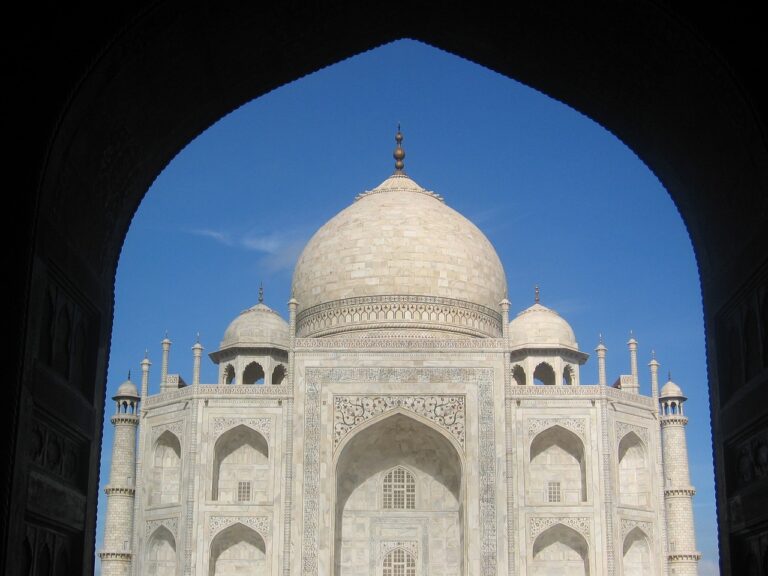Political Dynasties: Their Influence on Electoral Politics
Throughout history, the concept of political dynasties has been a prevalent feature in various civilizations. From ancient monarchies to modern democratic societies, the inheritance of power and influence within a family lineage has been a common occurrence. In many cultures, rulers passed down their titles and authority to their descendants, establishing a tradition of familial control over political affairs. This practice often led to the consolidation of power within a select few families, creating a system where leadership was perpetuated through hereditary succession.
The roots of political dynasties can be traced back to the early formations of organized societies, where kinship ties and familial connections played a crucial role in determining one’s position in the social hierarchy. In ancient civilizations, rulers often appointed family members to key positions of power, ensuring the maintenance of authority within the lineage. This practice of nepotism and favoritism based on familial ties laid the foundation for the development of hereditary political systems, where control over resources and decision-making was concentrated within a select group of elites.
The Evolution of Political Dynasties
Political dynasties have a long lineage that can be traced back to ancient civilizations where ruling power was often passed down within royal families. Over time, this practice evolved into a more modern form where political influence and power are inherited within specific families. The concept of political dynasties has persisted through various shifts in political systems and structures, adapting to different forms of governance while maintaining its core principle of familial succession in power.
As societies progressed and democratized, the phenomenon of political dynasties continued to thrive in different parts of the world. The evolution of political dynasties saw them adapting to changing political landscapes and finding new ways to maintain their hold on power. From monarchies to democratic republics, political dynasties have managed to navigate through different systems, often leveraging their name recognition and established networks to secure positions of influence within government institutions.
The Impact of Political Dynasties on Policy Making
Political dynasties have long been a prominent fixture in the realm of policy making, influencing decisions across various levels of government. With a strong network of familial ties and power dynamics at play, these dynasties often prioritize their own interests over those of the general public. As a result, policies may be crafted and implemented to benefit the dynasty’s financial gains and political supremacy, rather than serving the greater good of society as a whole.
The entrenched presence of political dynasties can lead to a lack of diversity in representation and perspectives within the policymaking process. When power is concentrated within a few select families, it hinders the introduction of fresh ideas and innovative solutions to the challenges facing the nation. This lack of diversity can limit the scope of policy options considered, potentially stifling progress and perpetuating outdated practices that fail to address the evolving needs of the population.
What are political dynasties?
Political dynasties refer to families or groups of individuals who hold power and influence in a particular political system over multiple generations.
How do political dynasties affect policy making?
Political dynasties can have a significant impact on policy making as they often have entrenched interests and a long-standing presence in the political arena, which can influence decision-making processes.
Are political dynasties a new phenomenon?
No, political dynasties have historical roots dating back centuries in various civilizations around the world.
How have political dynasties evolved over time?
Political dynasties have evolved from traditional monarchies to modern-day democracies, where family members continue to hold positions of power and influence.
Can political dynasties be beneficial for policy making?
While some argue that political dynasties provide stability and continuity in governance, others believe that they can lead to nepotism, corruption, and a lack of diversity in decision-making.
What are some examples of political dynasties in modern politics?
Examples of political dynasties include the Bush family in the United States, the Gandhi family in India, and the Lee family in Singapore, among others.







